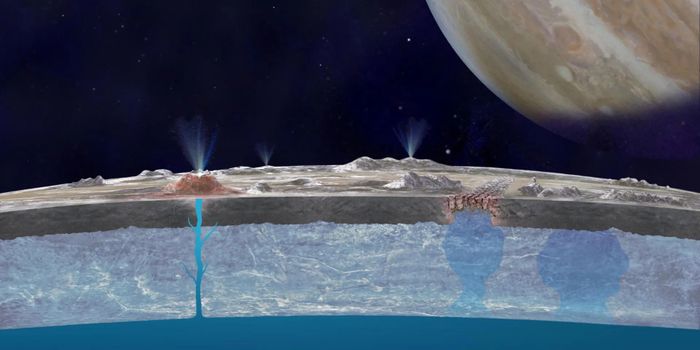What the government shutdown has meant for national parks
National parks are suffering greatly due to the recent government shutdown, which began on December 22 as a result of disagreement between President Trump and congressional Democrats regarding the funding for the president's southern border wall.
Amongst the 380,000 government workers who have been forced into furlough are those from the National Park Service. And according to senior budget director of the National Parks Conservation Association, John Garder, unlike some previous shutdowns in past administrations, the Trump administration decided to leave parks open to visitors despite the reduced staffing. Without most of the rangers and staff who keep the parks and associated campgrounds clean, safe, and running, chaos has essentially erupted in several of the country’s most popular western national parks.
Reports from several parks include unsanitary conditions in bathrooms, unemptied garbage bins, fights over camping spots, illegal off-roading, and unleashed dogs. With human waste overflowing toilets, some visitors have taken to relieving themselves in fragile areas of park ecosystems, while the absence of adequate trash receptacles has led other visitors to illegally litter throughout the parks.
As a result of such activities, California’s beloved Joshua Tree national park had to suspend camping. Some parks have closed entirely because without funds for plowing the roads from snow and ice, the parks become inaccessible. Still other parks have already been polluted to a point that scares park staff.
“We’re afraid that we’re going to start seeing significant damage to the natural resources in parks and potentially to historic and other cultural artifacts,” Garder said. “We’re concerned there’ll be impacts to visitors’ safety. It’s really a nightmare scenario.”
Many visitors took advantage of the government shutdown over the holidays to visit national parks because normal fees were not being charged. This resulted in higher numbers of visitors than the already reduced staff could manage.
“You’re looking at Yosemite Falls and in front of you is plastic bottles and trash bags,” said local resident Dakota Snider. “It’s so heartbreaking. There is more trash and human waste and disregard for the rules than I’ve seen in my four years living here,” Snider said.
Sources: The Guardian, The Independent, CBS News









